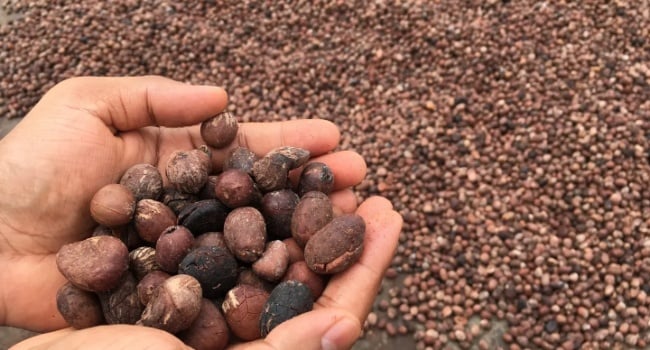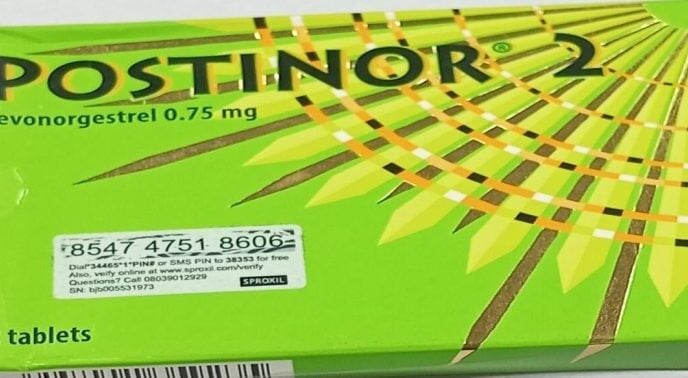President Bola Tinubu has directed a six-month temporary ban on the export of raw shea nuts.
Tinubu, who was represented by Vice-President Kashim Shettima, gave the directive during a multi-stakeholder meeting on Tuesday at the presidential villa.
Abubakar Kyari, the minister for agriculture and food security, said the ban takes effect immediately and the measure aims to promote local processing and add value within the country.
The minister said the measure reflects a broader strategy seen in the West African region to strengthen the agro-industrial base and increase export revenues by focusing on processed rather than raw products.
Advertisement
According to Kyari, the step aligns with similar efforts in other African countries such as Ghana and Burkina Faso, where phased or indefinite bans on raw shea nut exports have been implemented to boost domestic processing capacity and create jobs in the industry.
‘SHEA EXPORT BAN TO GENERATE $300M ANNUALLY’
Stanley Nkwocha, senior special assistant to the president on media and communications (office of the vice-president), the ban will boost the country’s shea value chain and generate around $300 million annually in the short term.
Advertisement
Nkwocha said Shettima directed the ministry of finance to fast-track enforcement of the shea export ban.
Commenting on the ban, Shettima said the move is not an anti-trade policy, but it is to boost rural income and jobs by enabling industries to run at full capacity and transform Nigeria into a global supplier of refined shea products.
He explained that the ban is about industrialisation, rural transformation, gender empowerment, and expanding Nigeria’s global trade footprint.
“Nigeria produces nearly 40% of the global shea product, yet we account for only 1% of the market share of $6.5 billion,” the vice-president said.
Advertisement
“This is unacceptable. We are projected to earn about $300 million annually in the short term, and by 2027, there will be a 10-fold increase. This is our target.”
Shettima explained that the ban is a collective decision involving the sub-nationals and the federal government with clear directions for economic transformation in the overall interest of the nation.
“Government is not closing doors; we are opening opportunities,” he said.
“Mr President is currently in Brazil, and both countries have agreed to prioritize access for Nigerian shea butter and oil into the Brazilian market. This process will be completed within the next 3 months.”
Advertisement
The vice-president emphasised that the shea export ban protects livelihoods, dignity, and opportunities for millions of Nigerian women.
By doing so, he said the policy opens better doors for women, the economy, and Nigeria’s global trade position.
Advertisement
In March 2024, Ngozi Okonjo-Iweala, director-general (DG) of the World Trade Organisation (WTO), said over 16 million women in West Africa make a living from farming and processing shea nuts.
While Okonjo-Iweala estimated that women rake in about $237 million in direct income from shea, she added that 85 percent of all shea exports are used as cocoa butter equivalence and 15 percent are used for cosmetics.
Advertisement
She said the cosmetics shea butter market is currently worth over $600 million.
The DG added that the shea butter market is expected to reach about $850 million by the end of 2027.
Advertisement











